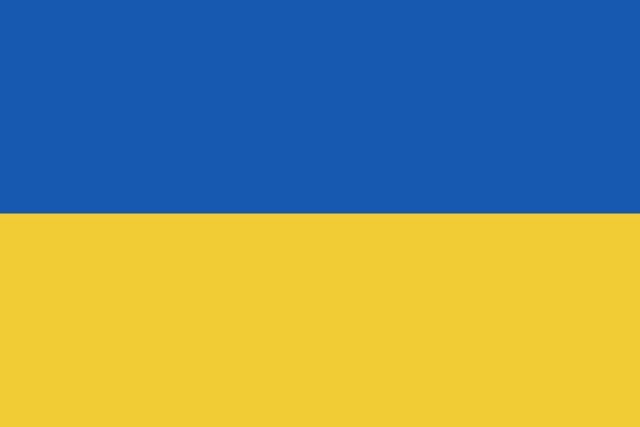What To Know About The Invasion of Ukraine, and How to Help
An overview of the Russian invasion and resources to contribute to those in dire need.

After weeks of tension, Russia initiated a military offensive on February 24 that many world leaders have stated this event may be “a turning point in the history of Europe.”
Stretching back centuries, Ukraine’s relationship with Russia can be traced to the late Middle Ages, where both countries assert that their cultural roots are founded in the Kievan Rus. Fast forward, Ukraine’s inclusion under the Soviet bloc culminated in its subjugation to erase Ukrainian identity, including the Holodomor and the Ukrainian language. Since the dissolution of the Eastern Bloc in 1991, Ukraine’s sovereignty has been questioned by Russia.
Presently, Putin has consistently accused Ukraine of being taken over by far-right extremists since previous pro-Russian President Viktor Yanukovych was ousted. This was followed by Russia seizing the region of Crimea. Ukrainian President Volodymyr Zelensky has called for the nation to join NATO and the European Union. Putin vehemently rebukes this ambition, believing that the organizations’ interest in Ukraine is an attempt to override his domination over the region. While denying that he seeks to occupy Ukraine and install a new government, Putin and fellow Russian nationalists have shown an objective in wanting to rekindle the historical bond between the two countries, believing that the fates of Ukraine and Russia are undeniably linked.
What has happened this past week?
After Putin recognized the separatist states of Luhansk and Donestk, on the morning of February 24, Russian forces invaded Ukraine. For the last couple of days, cities across Ukraine in the North, East, and South have experienced rocket and shelling attacks. President Zelensky has been urging the European Union to fast-track their grant to ascension, saying, “Our goal is to stand alongside all Europeans and, most importantly, to stand on their level.” Neighboring countries such as Romania, Slovakia, Poland, and Moldova have opened borders as refugees flee Ukraine; however, alarming problems have arisen as African and Middle Eastern international students experience discrimination and try to escape. Furthermore, the open response to the acceptance of Ukrainian refugees has come under fire due to the harsh policy during the Syrian refugee crisis.
How can you help?
For the last week, protests and demonstrations around major cities have taken place, including Russia, where over 2,000 people have been arrested for anti-war protests. For those unable to reach an embassy and still want to take meaningful action to help those displaced or are currently still in vulnerable communities, many organizations need financial support within and outside of the country.
Voices of Children has been providing aid to children who have been affected by the war since 2015, now assisting in evacuation processes and psychological aid. The UNHCR is giving emergency aid to refugee families within Ukraine. Sunflower of Peace is raising funds to provide paramedics and doctors first-aid backpacks, medicine, and other means of survival, having already sent their first shipment of supplies on February 25th. CARE is raising money to send immediate aid, prioritizing women, girls, and the elderly.
Boost verified voices. Misinformation during this time is a way too common foil; therefore, sources you share must be fact-checked or verified before being reposted. The Kyiv Independent needs support to continue reporting from Ukranian ground, giving the world firsthand the war. They have started a GoFundMe as cyber-attacks, ground invasions, and bombings have made it difficult for journalists to predict and respond accordingly.
Discover More
